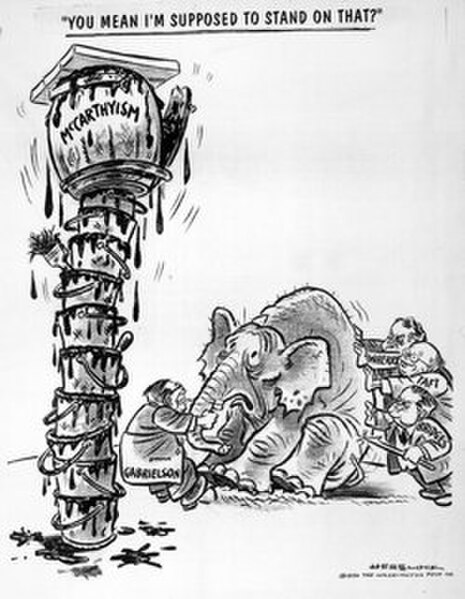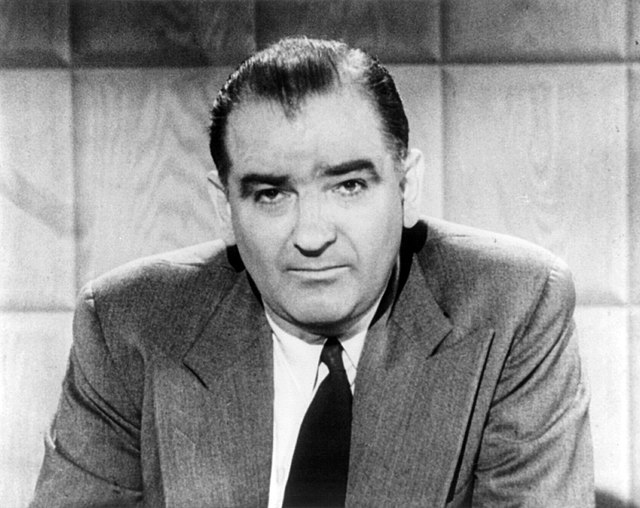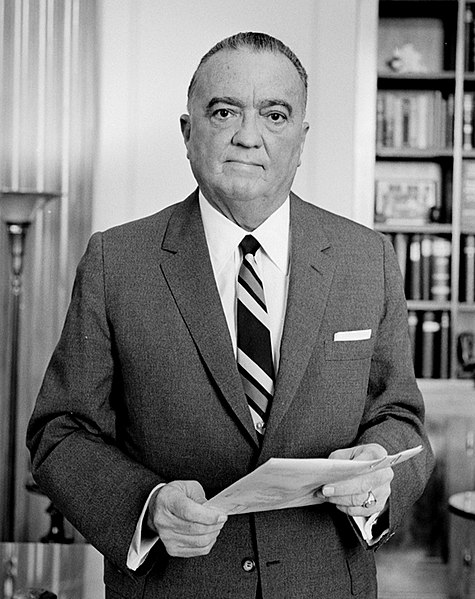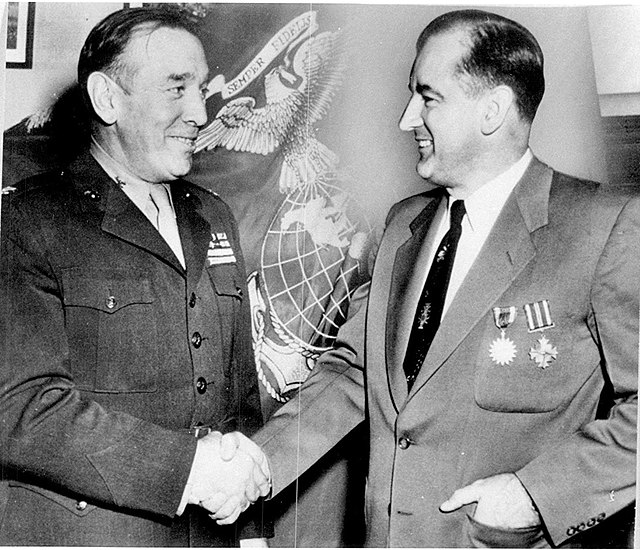McCarthyism, also known as the Second Red Scare, was the political repression and persecution of left-wing individuals and a campaign spreading fear of alleged communist and Soviet influence on American institutions and of Soviet espionage in the United States during the late 1940s through the 1950s. After the mid-1950s, U.S. Senator Joseph McCarthy, who had spearheaded the campaign, gradually lost his public popularity and credibility after several of his accusations were found to be false. The U.S. Supreme Court under Chief Justice Earl Warren made a series of rulings on civil and political rights that overturned several key laws and legislative directives, and helped bring an end to the Second Red Scare. Historians have suggested since the 1980s that as McCarthy's involvement was less central than that of others, a different and more accurate term should be used instead that more accurately conveys the breadth of the phenomenon, and that the term McCarthyism is, in the modern day, outdated. Ellen Schrecker has suggested that Hooverism, after FBI Head J. Edgar Hoover, is more appropriate.

One of the earliest uses of the term McCarthyism was in a cartoon by Herbert Block ("Herblock"), published in The Washington Post, March 29, 1950.
Senator Joseph McCarthy
Executive Order 9835, signed by President Truman in 1947
J. Edgar Hoover in 1961
Joseph Raymond McCarthy was an American politician who served as a Republican U.S. Senator from the state of Wisconsin from 1947 until his death at age 48 in 1957. Beginning in 1950, McCarthy became the most visible public face of a period in the United States in which Cold War tensions fueled fears of widespread communist subversion. He alleged that numerous communists and Soviet spies and sympathizers had infiltrated the United States federal government, universities, film industry, and elsewhere. Ultimately, he was censured for refusing to cooperate with, and abusing members of, the committee established to investigate whether or not he should be censured. The term "McCarthyism", coined in 1950 in reference to McCarthy's practices, was soon applied to similar anti-communist activities. Today, the term is used more broadly to mean demagogic, reckless, and unsubstantiated accusations, as well as public attacks on the character or patriotism of political opponents.
McCarthy in 1954
McCarthy receiving his DFC and Air Medal from Colonel John R. Lanigan, commanding officer of Fifth Marine Reserve District, December 1952
Herbert Block, who signed his work "Herblock", coined the term "McCarthyism" in this cartoon in the March 29, 1950, Washington Post.
Dwight D. Eisenhower, 34th President of the United States







